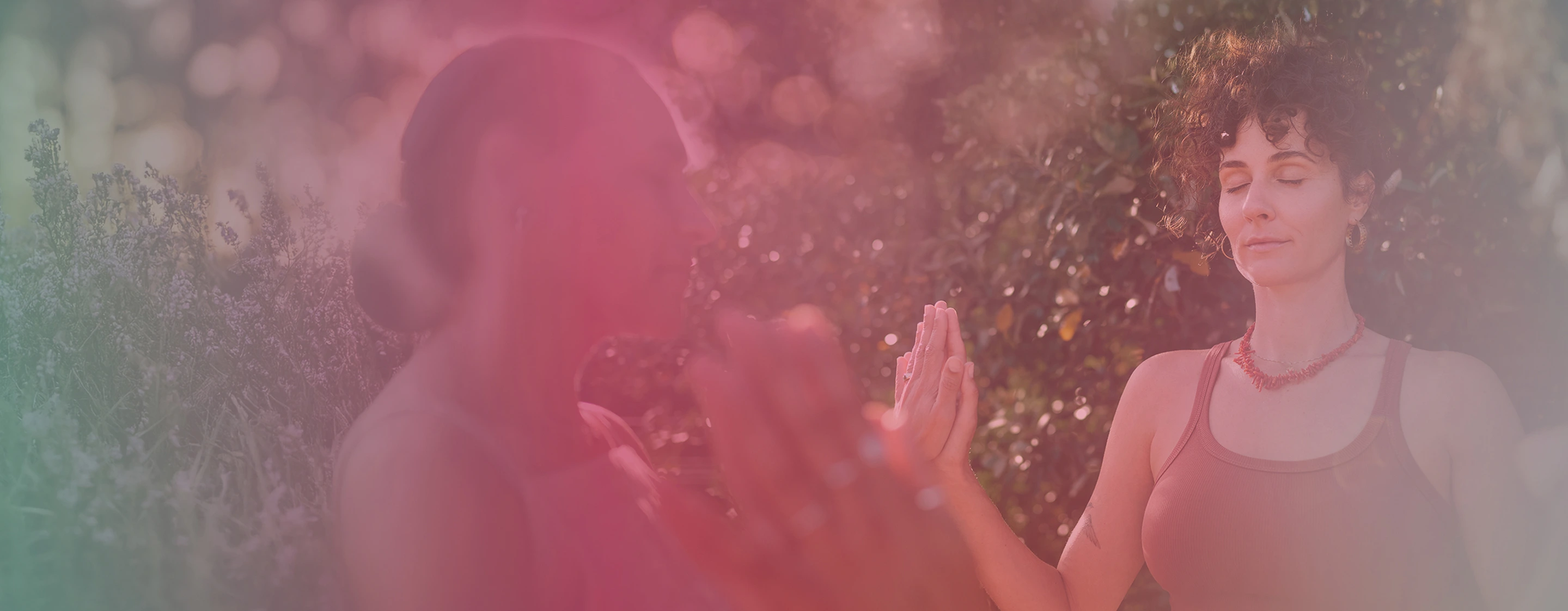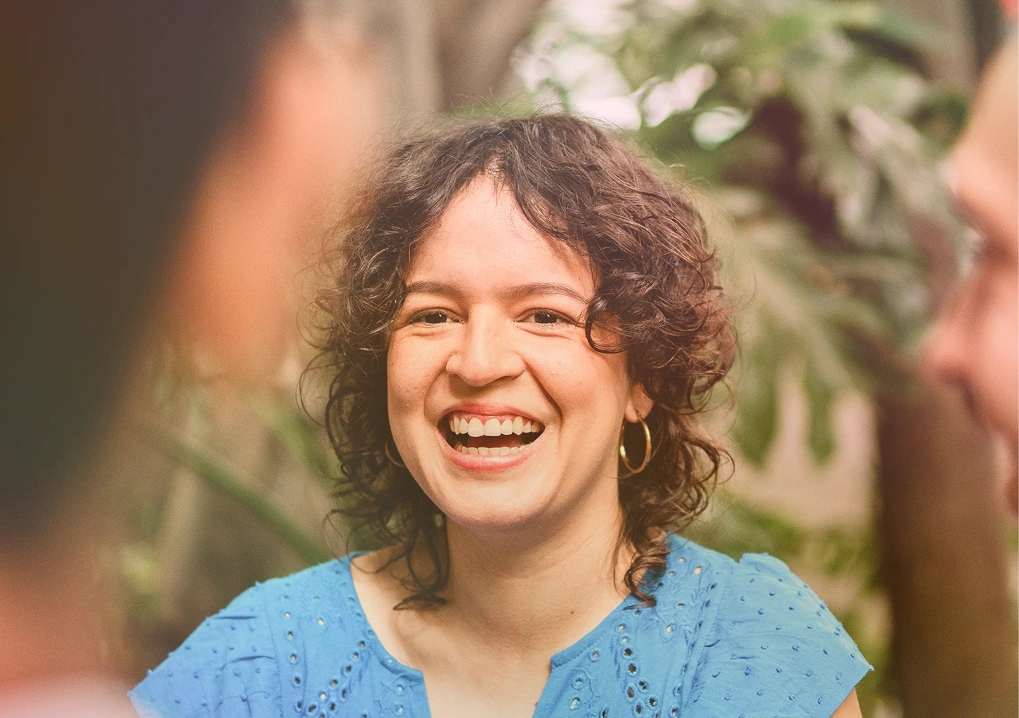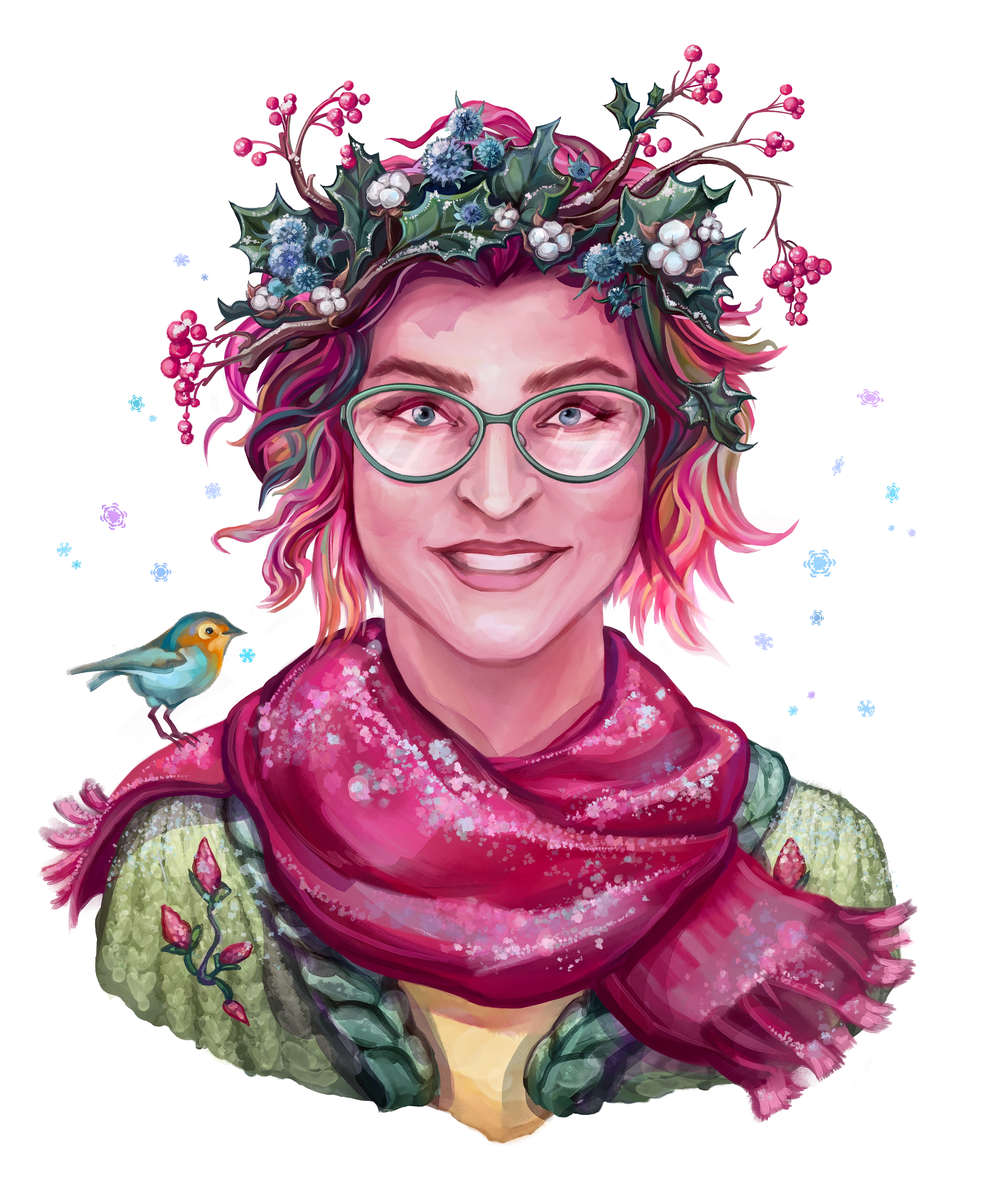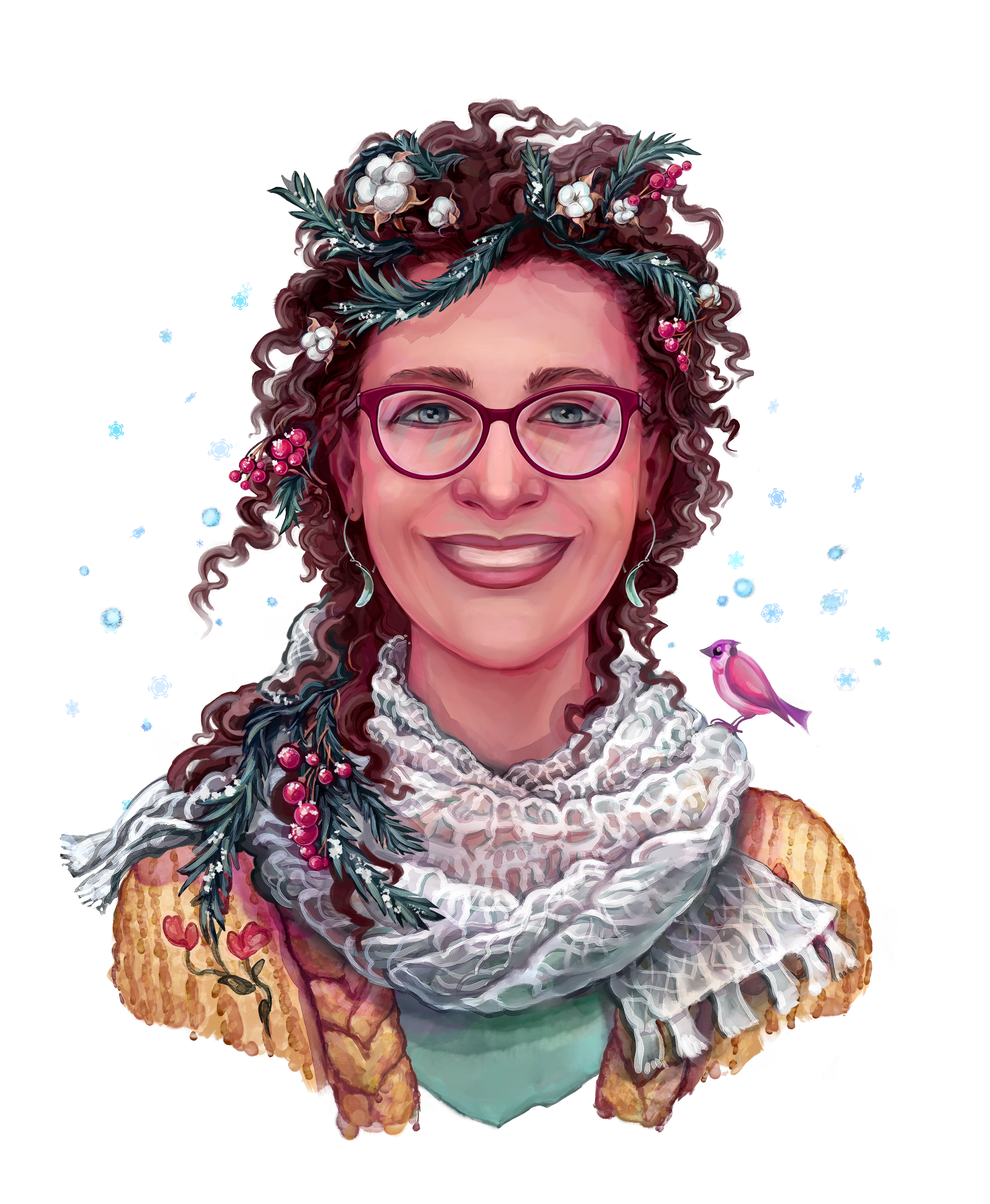About
Practice of Belonging
This relational therapy practice took root as we distancing from care that ignored history, context, and identity. So many of us have been stretched by systems that weren't made for us. Here, we begin within: noticing what is alive beneath exhaustion and what still longs for rest and connection. Belonging grows through practice, through the shared moments that remind us we are still here and still becoming.

APPROACH
Heart of Our Work
Healing unfolds through presence, not prescription, through harmony, not homework. In this collaborative work, we move slowly enough to notice what’s happening within you: your sensations, memories, and emotions as they surface in real time. Therapy here is relational, experiential, and imaginative, honouring your own pacing and the wisdom already living in your system.
We draw from Sensorimotor Psychotherapy, Trauma-Informed Stabilization Treatment (TIST), trauma-sensitive yoga, parts work, grief work, and art therapy to support healing that integrates mind, body, and story. We meet rather than manage your experience.
Our online therapy practice is shaped by lived experience and deep attunement. We offer identity-affirming, neurotype-a-squirming, and justice-centred care for those whose minds, bodies, and lives have been marked by harm, exclusion, or erasure.
We don't rush or direct you. We don't ask you to do more. We simply offer a space to be with what's here as you sense what’s ready to shift.
Ethos
What Grounds Us
Embodied relational therapy isn’t a formula. It’s a way of being with ourselves and each other—especially in times of collective uncertainty and ecological grief—that makes space for our full humanity. These four threads weave through everything we do.

Consent and Pace

Context in the Room

Ways of Knowing

Care as Craft
Through these threads, we practise returning to your pace, your body, and your voice, and letting growth take root from there.


Clayre Sessoms
(
She/They
)
RP, RCAT, CCC, ATR-BC
Therapeutic Modalities
THERAPIST
Clayre Sessoms
Registered Psychotherapist
I’m Clayre. I’m a white, trans, blind, and queer psychotherapist and art therapist on unceded Coast Salish territories. I’ve spent most of my adult life learning how we speak and how we can listen. That includes un/learning what I was taught about power, care, and whose stories get believed. Twenty-five years ago, I began as a massage therapist and gentle yoga teacher. Over time, that work led me through the arts and into psychotherapy—where story, sensation, and imagination meet.
I know what it’s like to sit on your side of the screen, beginning again in therapy that asks you to slow down and feel instead of perform. That experience shapes how I show up: with curiosity, compassion, and a kind of humour that helps us breathe when things get heavy. Healing is serious work; we don’t have to take ourselves too seriously while we do it.
My approach is psychodynamic and body-aware. We pay attention to what happens between us and within you—the patterns that repeat, the feelings that go quiet, and the wisdom your body keeps trying to share. Some sessions are gentle conversation and quiet reflection; others might invite image, imagination, a bit of songwriting, or simple stillness. However we work, we follow what feels true and possible for you, at your pace.
As a trans-feminine and queer therapist in Vancouver, I’m attentive to how systems shape our sense of safety and belonging, and how we can loosen their grip. My work is rooted in justice, reclamation, and the belief that healing isn’t about fixing what’s broken; it’s about remembering what’s always been here.
Beyond online therapy sessions, I co-host The Living Practice podcast with my friend and colleague Laura Hoge, RSW. I write regularly on our online therapy practice blog, and I share guided meditations on Insight Timer. Each is another way I explore how presence, play, and imagination can sustain us in hard times.
If you decide to work with me, expect steadiness, collaboration, and room for laughter alongside the hard truths. We’ll make space for what’s ready to move—and help you reclaim yourself.


Laura Hoge
(
She/Her
)
LCSW, LICSW, RSW
Therapeutic Modalities
THERAPIST
Laura Hoge
Registered Social Worker
I’m Laura. I’m a white, cis, queer social worker, educator, and community builder who has devoted most of my adult life to the work of healing and justice. My roots are in the body and in community—years of justice work, teaching, mentoring, and showing up for collective care. I’m known for a steady, attuned presence and a deep respect for the stories, struggles, and lived experiences people bring to this work.
My approach is relational, sometimes somatic, and always justice-centred. I pay close attention to the wisdom of both mind and body, trusting the natural movement toward balance that lives in all of us. Each session is shaped by co-regulation, curiosity, and care—meeting you where you are and allowing change to unfold at a pace that feels right.
Grounded in my training as a Certified Sensorimotor Psychotherapist, I also draw from trauma-informed yoga, mindfulness, motivational interviewing, and parts-based work. These threads come together to support adults navigating stress, disconnection, and the lingering effects of systemic harm. I hold a deep belief that relational healing is a form of justice—and that repair begins in how we meet ourselves and one another.
As a queer person with family close to my heart, I’m especially committed to supporting parents and caregivers of trans, nonbinary, and gender-expansive youth. Together, we make space for the fear, grief, and uncertainty that can accompany change, moving toward connection and affirmation—even when community or faith traditions have made that journey difficult.
Before joining this practice, I mentored therapists and social workers, wrote for national publications, and helped build communities of care through group practice leadership and peer support. Now I live and work on unceded Coast Salish lands and co-host The Living Practice podcast with Clayre, where our conversations explore how presence, imagination, and the inner revolutions of care can sustain us in complex times.


Laith
(
He/Him
)
Supervised by Laura Hoge, RSW
Therapeutic Modalities
THERAPIST
Laith
Practicum Student Therapist
Laith (he/him) is a clinical counselling student therapist in Vancouver with a background in education, resettlement services, and community-based care. He brings a relational, culturally responsive approach shaped by lived experience, creative practice, and a deep commitment to supporting people navigating identity, belonging, and major life transitions. Laith is Laith is part of the LGBT community and is especially attuned to working with individuals and families who have been impacted by displacement, marginalization, or systemic harm.
Salam, I’m Laith, a clinical counselling practicum student setting out to complete my supervised clinical training with Clayre Sessoms Psychotherapy, starting May 1, 2026. I come to this work with a background in education, refugee and resettlement services, and well-being facilitation, alongside lived experience as someone from a marginalized population. I’ve had the honour of supporting refugees, diverse families, and LGBTQIA2S+ communities, including through my previous role as a peer support worker with local healthcare providers.
Through this work, I’ve witnessed the connection, creativity, and strength that individuals and communities carry, even in the face of profound loss, disruption, or ongoing threat. My intention is to create a space where you feel genuinely welcomed, seen, and supported, without needing to explain or translate yourself.
My approach to counselling is grounded in compassion, curiosity, and cultural humility. I work relationally and collaboratively, recognizing that each person already has ways of coping and surviving, even when those strategies feel strained or no longer fit. I draw from person-centred care, motivational interviewing, and solution-focused approaches, and I am beginning to integrate trauma-informed practice with clinical supervision by Laura Hoge, RSW, LCSW.
As part of this practice, my work is experiential and creative. Alongside conversation, I may invite reflection through imagery, metaphor, or gentle experimentation, always at your pace and with your consent. My unique background in sports, coaching, performance, and writing informs how I think about movement, story, and expression as pathways toward clarity and connection.
I offer low-barrier therapy for adults and older teens (16+) navigating identity questions, relationships, resettlement, and life transitions. I also offer practicum student clinical counselling in Arabic for clients in Canada who feel more at ease working in their first language.
Above all, I aim to offer a steady, non-judgmental presence where we can slow down, reflect together, and explore what support looks like for you right now. This is a space for beginning again, in ways that honour your history, your context, and your lived experience.


































